Publications
Articles, publications, books, tools and multimedia features from the U.S. Institute of Peace provide the latest news, analysis, research findings, practitioner guides and reports, all related to the conflict zones and issues that are at the center of the Institute’s work to prevent and reduce violent conflict.
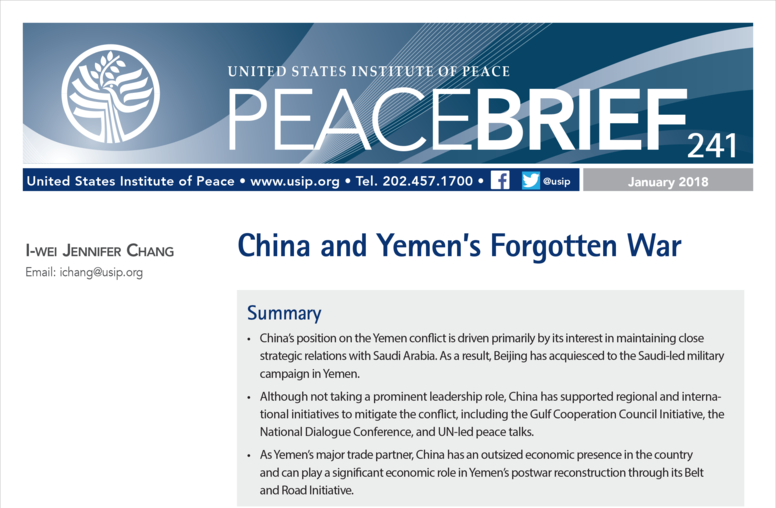
China and Yemen’s Forgotten War
Yemen is facing an acute humanitarian crisis after nearly three years of civil war, with more than 10,000 deaths and three-quarters of the country’s population in dire need of humanitarian assistance. Although eschewing a leadership role, China has supported regional and international efforts to mitigate the...

Neil Kritz on Hamas and Fatah Pending Agreement
Neil Kritz previews the pending agreement to heal a decade of division between Hamas and Fatah, and explains what effects the reconciliation might have on the larger Middle East Peace Process.
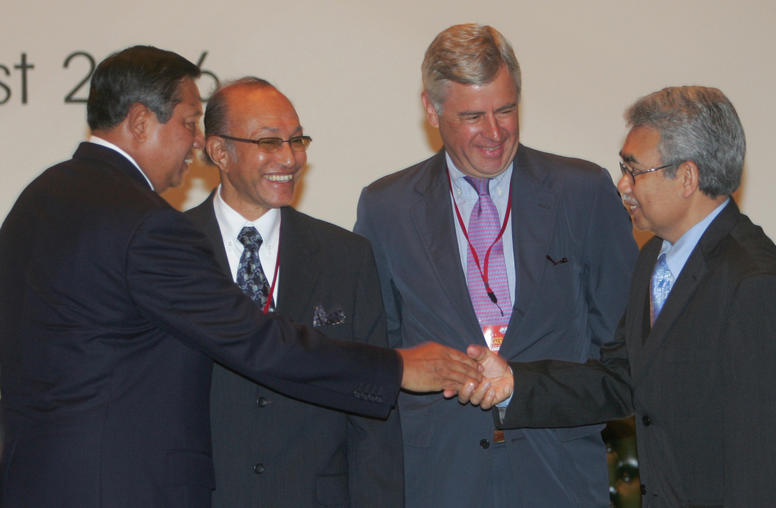
After the Agreement: Why the Oversight of Peace Deals Succeeds or Fails
Almost every modern peace agreement has established some type of institution to oversee implementation of the agreement’s provisions and monitor compliance. This report provides a careful examination of monitoring and oversight mechanisms set up in Sierra Leone, Indonesia, Sudan, and South Sudan between 1999 and 2015, and offers a series of key lessons for the design of future monitoring mechanisms.
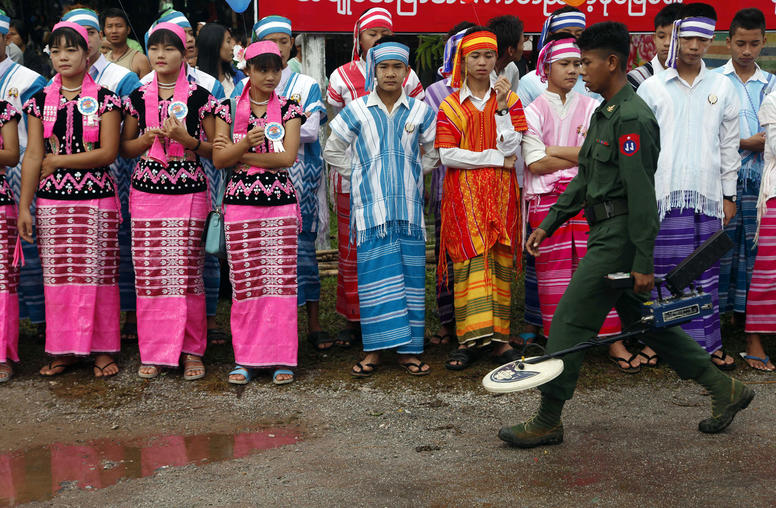
Why Burma’s Peace Efforts Have Failed to End Its Internal Wars
After seven decades of civil war and five failed peace efforts, Burma is no closer than before to reaching an agreement that would bring an end to its many conflicts. Analysis of those previous attempts shows that they all foundered on immutable attitudes on both sides. This report suggests that the peace process needs a fresh start, learning from the past and seeking to resolve underlying political disparities while prioritizing community interests and sustainable development.

Susan Stigant on Sudan’s Latest Peace Agreement
Sudan’s transitional government has signed a peace agreement to end a number of long-standing conflicts and civil wars. USIP’s Susan Stigant says this is a positive sign for democratic progress, as “one of the promises of the revolution was to seek peace,” but cautioned that the real “work only begins once the ink is on the paper.”

Ann Phillips on Azerbaijan-Armenia Conflict
As fighting over Nagorno-Karabakh continues to escalate, USIP’s Ann Phillips breaks down the complex geopolitical stakes that have sprung up around the conflict, which “has been simmering, and ebbing and flowing, ever since the implosion of the Soviet Union.”
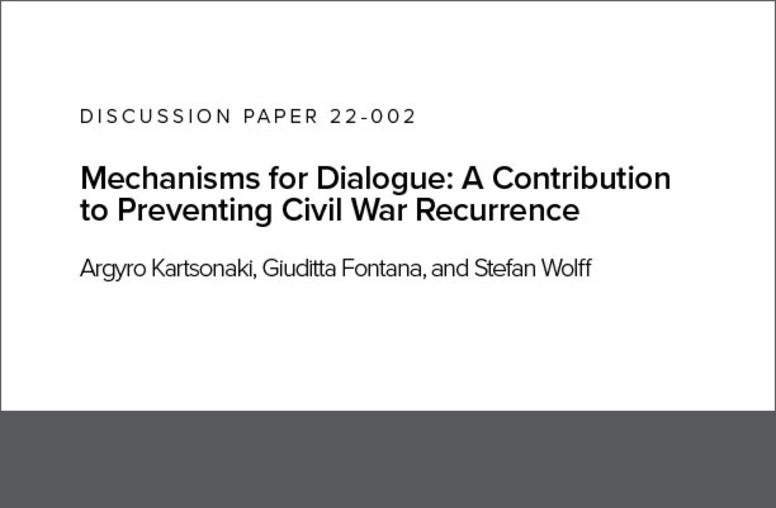
Mechanisms for Dialogue: A Contribution to Preventing Civil War Recurrence
This paper argues that the effects of civil war recurrence can be mitigated if peace agreements include mechanisms that enable the warring parties to continue dialogue throughout peace processes beyond the implementation of a peace agreement.
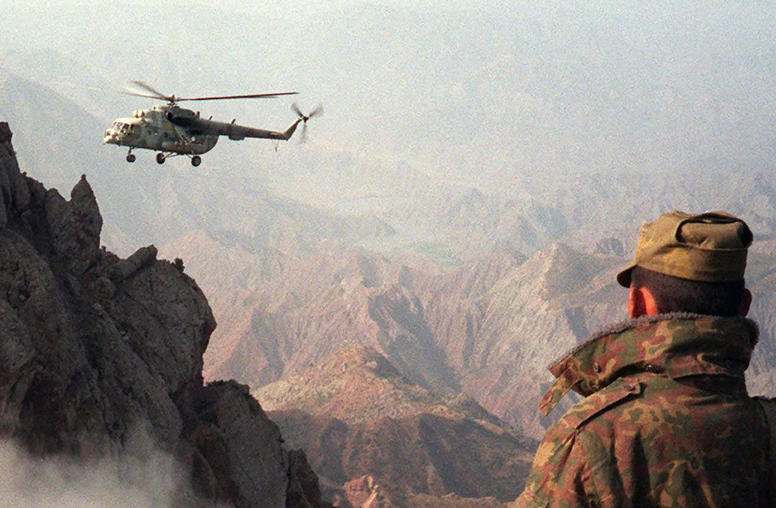
Tajikistan’s Peace Process: The Role of Track 2 Diplomacy and Lessons for Afghanistan
The peace process that ended the Tajik civil war in the late 1990s successfully combined both official and civic channels of communication and negotiation from its start. This report argues that although the agreement and its implementation were far from perfect, the Tajik experience contains valuable lessons on power-sharing arrangements, reconciliation, reintegration, and demobilization for the architects of future peace processes, and provides important insights into the shortcomings of the 2018–21 peace process in neighboring Afghanistan.
Tracking the Evolution of Conflict: Barometers for Interstate and Civil Conflict
This paper presents news ways to track violent conflict over time, providing conflict barometers for interstate and civil conflict, respectively. After critiquing previous efforts at measurement, the authors discuss general principles concerning the utility of conflict barometers. The interstate barometer is based on establishing a baseline for the relationship between a pair of states and then using the incidence and severity of militarized confrontations to track variations around those baselines. The resulting Interstate Conflict Severity Barometer (ICSB) is scaled from 0 (no violent conflict) to 1,000 (rivalry plus severe militarized confrontations) for 2,631 different state-state relationships over the period 1900–2015.
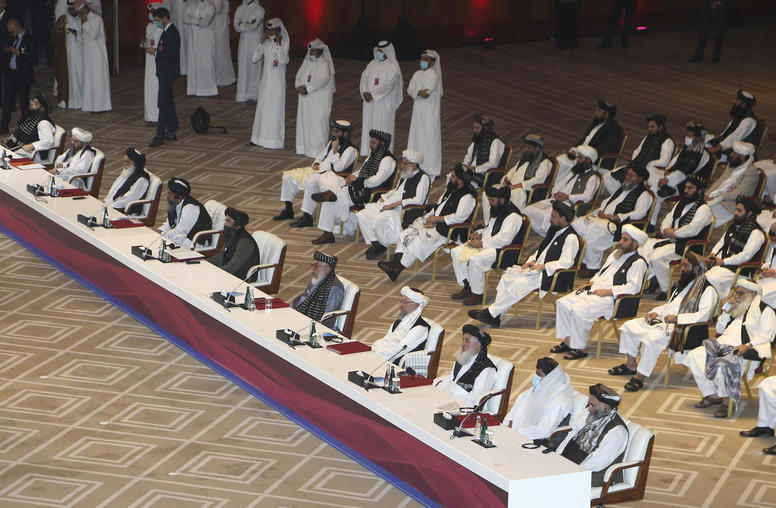
Why Was a Negotiated Peace Always Out of Reach in Afghanistan?
August 30, 2022, marks the one-year anniversary of the last US troops leaving Afghanistan. During America’s 20-year military intervention, there were several opportunities to negotiate peace among the Taliban, the Government of the Islamic Republic of Afghanistan, and the United States—but these opportunities were missed, went unrecognized, or were deliberately spurned by one or more of the parties. In this important history, Steve Brooking, the first British official sent into Afghanistan after 9/11, examines why the three parties were unable or unwilling to reach a negotiated settlement.